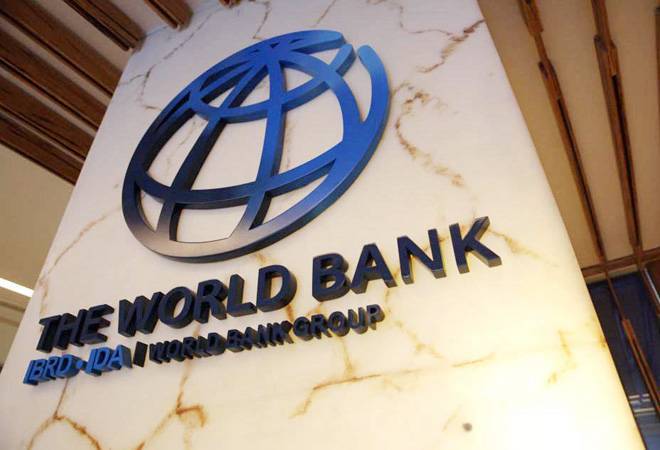The World Bank has called on the Federal Government of Nigeria to reallocate a portion of the savings from fuel subsidy removal to reduce the suffering experienced by Nigerians due to the negative impact of the policy. In its latest Nigeria Development Update (NDU) released on Tuesday, the World Bank highlighted that an additional 7.1 million Nigerians could be pushed into poverty without measures to compensate for the subsidy removal.
According to the World Bank, the elimination of petrol subsidy and foreign exchange (FX) management reforms are essential steps to rebuild fiscal space, restore macroeconomic stability, and implement further necessary policy reforms. The organization acknowledged the critical reforms initiated by the new administration to address macroeconomic imbalances.
The NDU report titled “Seizing the Opportunity” emphasized the need for a comprehensive reform package, including a new social compact, to protect the poor and vulnerable and maximize the collective impact on growth, job creation, and poverty reduction. The report also revealed a weakening of Nigeria’s economic growth in the first part of 2023, with a decline in real Gross Domestic Product (GDP) growth from 3.3% in 2022 to 2.4% year-on-year (y-o-y) in Q1 2023.
To mitigate the negative impact of subsidy removal on Nigerians, the World Bank suggested compensating transfers to shield households from initial price impacts. It further recommended the elaboration of a new compact between the government and the Nigerian people, outlining support in the immediate, medium, and long term at federal, state, and local government levels. The compact should identify development priorities, pro-poor service delivery, and the role of social protection programs to help households cope with shocks.
Regarding foreign exchange (FX) restrictions, the World Bank highlighted the importance of completing the harmonization of FX windows to improve market efficiency, unlock private investment, and reduce inflationary pressures. Clear communication on the new FX regime’s operation, along with supportive monetary and fiscal policies, was deemed crucial.
In a separate development, the World Bank has approved a fresh $500 million loan for Nigeria’s Women Program Scale Up (NFWP-SU) to improve the livelihoods of women. The program aims to create better economic opportunities for women, address gender inequality, improve education and health outcomes, and build resilience to climate change.
The World Bank emphasized that empowering women is vital for their resilience to climate change and the resilience of their households and communities. Closing the gender gap in key economic sectors could yield significant economic gains for Nigeria. The NFWP has already shown promising outcomes, creating economic opportunities for rural women through Women Affinity Groups.
Shubham Chaudhuri, World Bank Country Director for Nigeria, expressed optimism that the scale-up of the program would contribute to bridging the gender gap and help Nigeria move closer to achieving gender equality and economic empowerment.



Comments are closed.